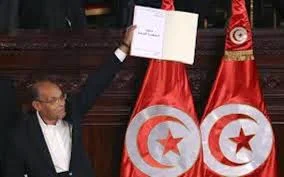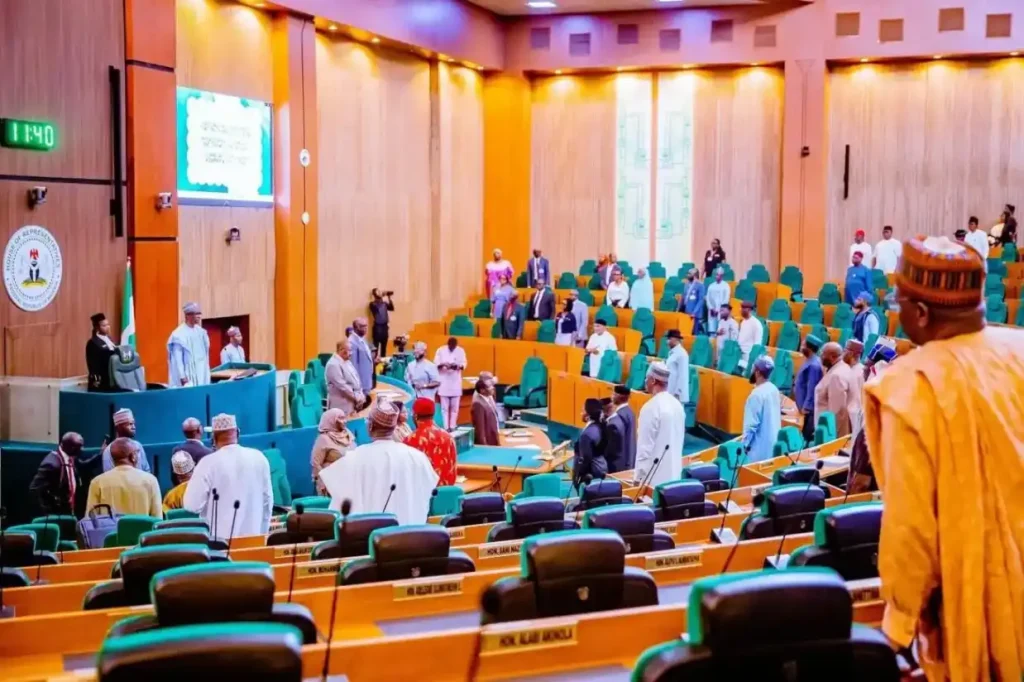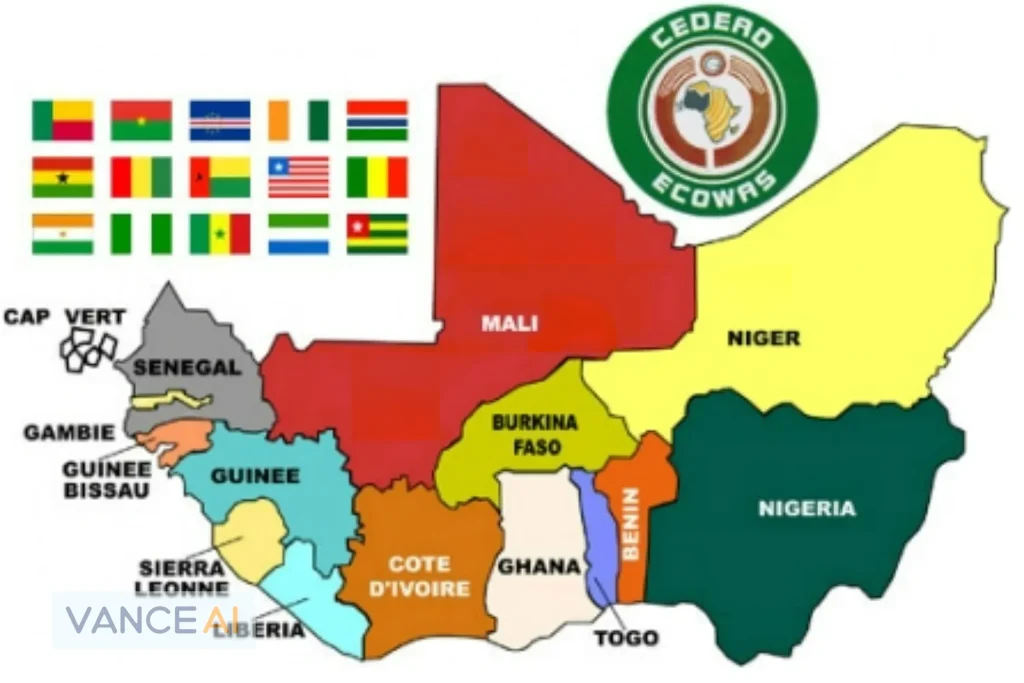 On July 7, 2022, Tunisian President Kais Saied formally introduced a draft of a new constitution, marking a significant shift in Tunisia’s political structure. The proposed constitution seeks to expand presidential authority, allowing Saied to appoint government ministers without parliamentary approval and diminishing the role of Tunisia’s legislative and judicial branches. The draft emerged following Saied’s 2021 suspension of the previous parliament and dissolution of democratic institutions under the 2014 constitution, which had emphasized a balance of powers across government branches.
On July 7, 2022, Tunisian President Kais Saied formally introduced a draft of a new constitution, marking a significant shift in Tunisia’s political structure. The proposed constitution seeks to expand presidential authority, allowing Saied to appoint government ministers without parliamentary approval and diminishing the role of Tunisia’s legislative and judicial branches. The draft emerged following Saied’s 2021 suspension of the previous parliament and dissolution of democratic institutions under the 2014 constitution, which had emphasized a balance of powers across government branches.
The proposed constitution will undergo a national referendum scheduled for July 25, 2022, a date that coincides with the national holiday marking Tunisia’s Republic Day. Saied has positioned the constitutional overhaul as essential to addressing Tunisia’s ongoing political and economic challenges, asserting that it will enable more effective governance. However, the draft has faced criticism from various political factions and civil society organizations, including Tunisia’s influential General Labor Union (UGTT) and the opposition coalition National Salvation Front, which fear the changes will solidify authoritarian control and weaken democratic safeguards.
Political analysts have noted the lack of broad consultation in the drafting process. Opponents argue that the new constitution could dismantle many of the democratic gains made after Tunisia’s 2011 revolution, particularly by concentrating executive power without adequate legislative or judicial oversight. Critics, including Amnesty International, warn that these measures could jeopardize human rights protections and limit the independence of the judiciary.
Despite opposition, Saied remains resolute in pursuing his constitutional roadmap, framing the reform as a response to public demand for stable and unified leadership. With a backdrop of economic instability and social unrest, the referendum’s outcome will likely shape Tunisia’s political landscape and test the strength of its democratic foundations.






















